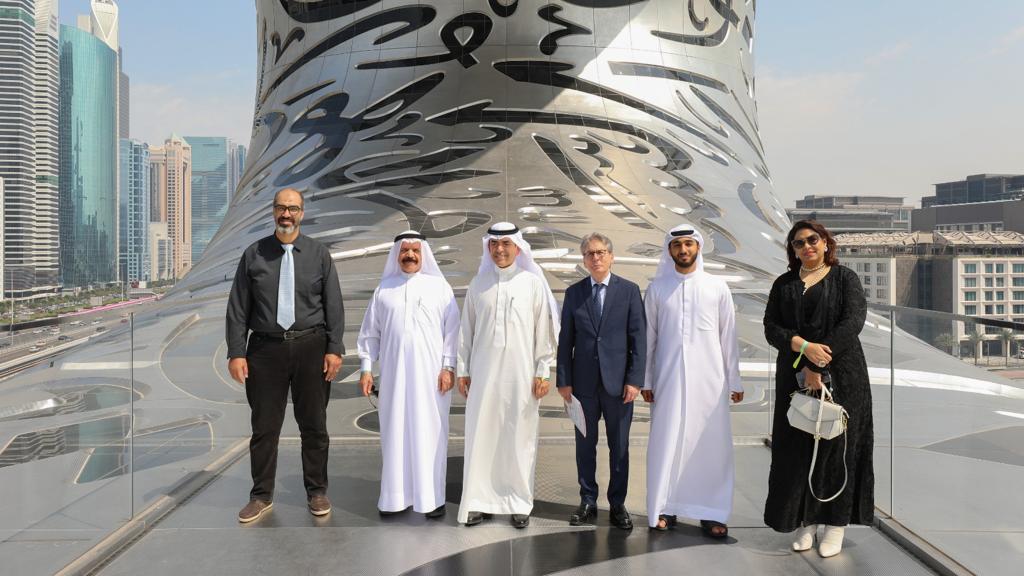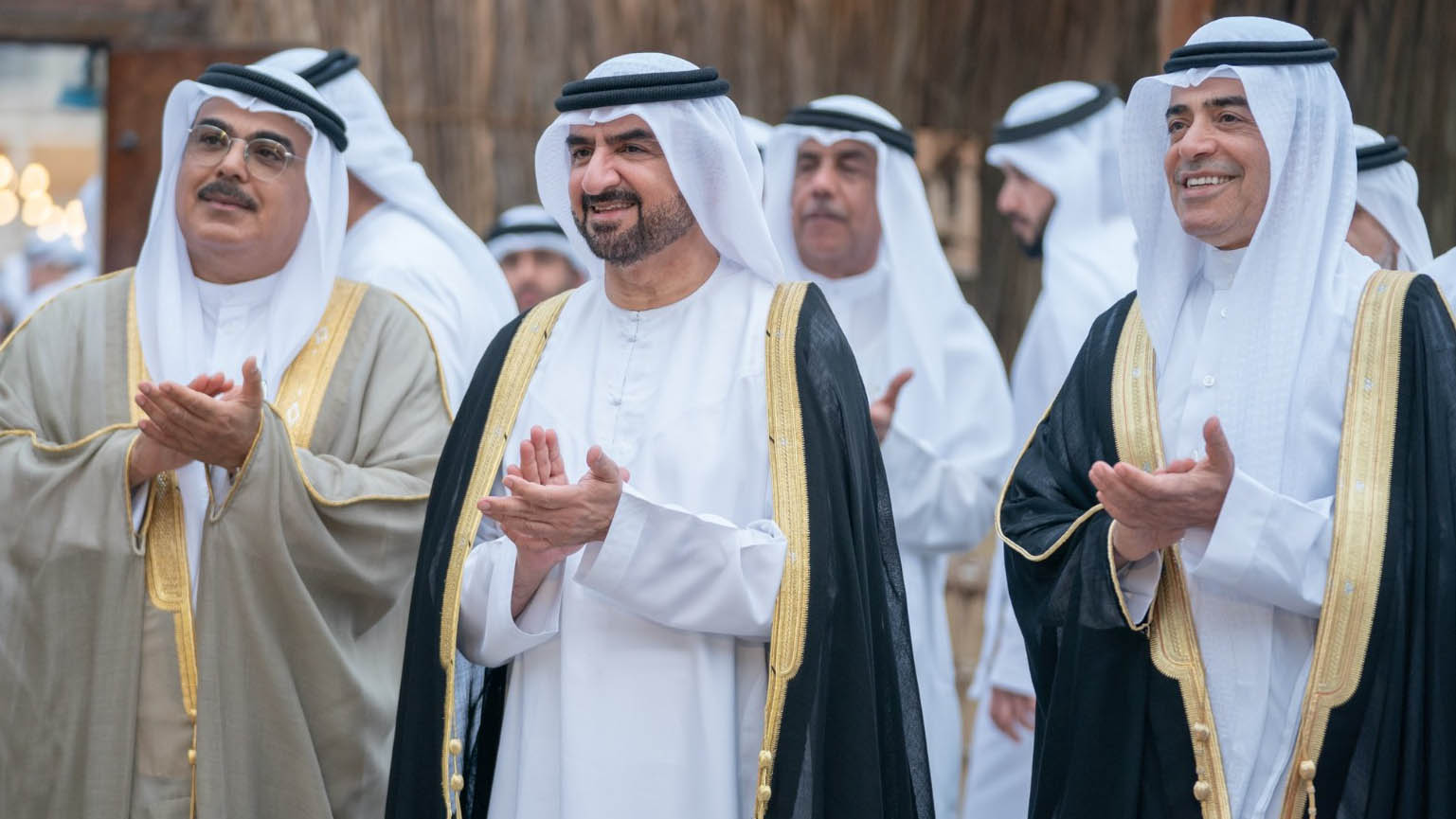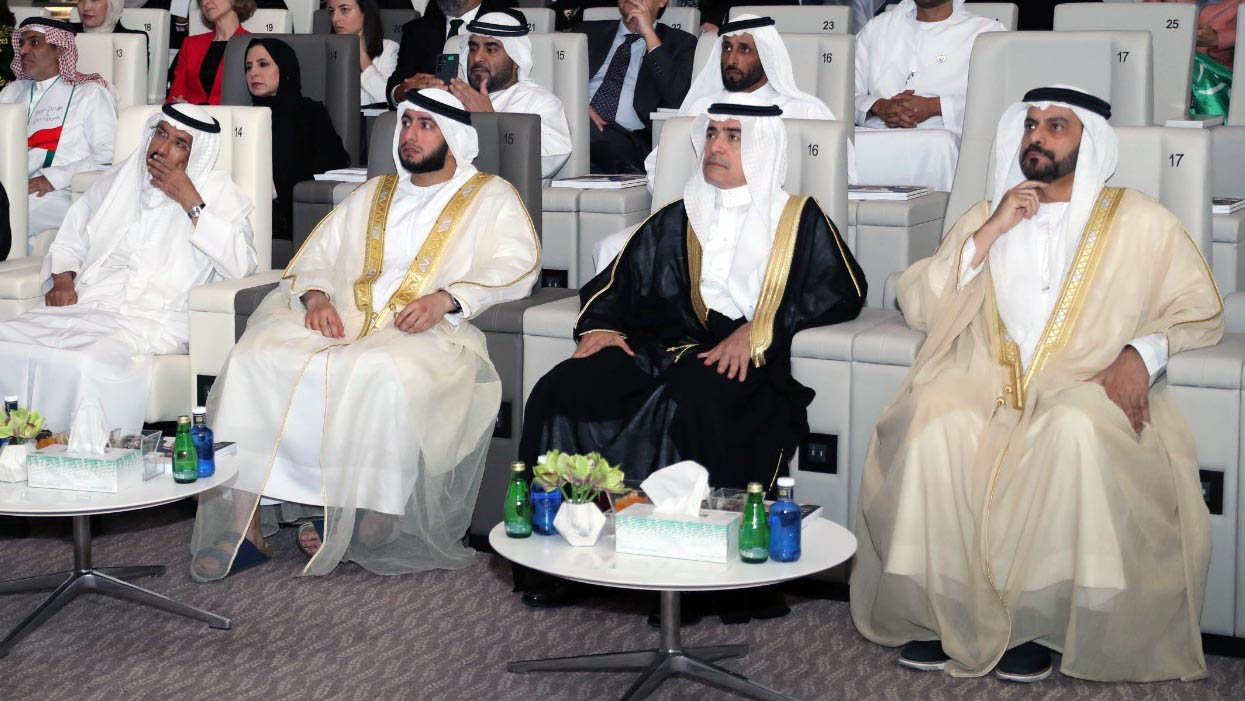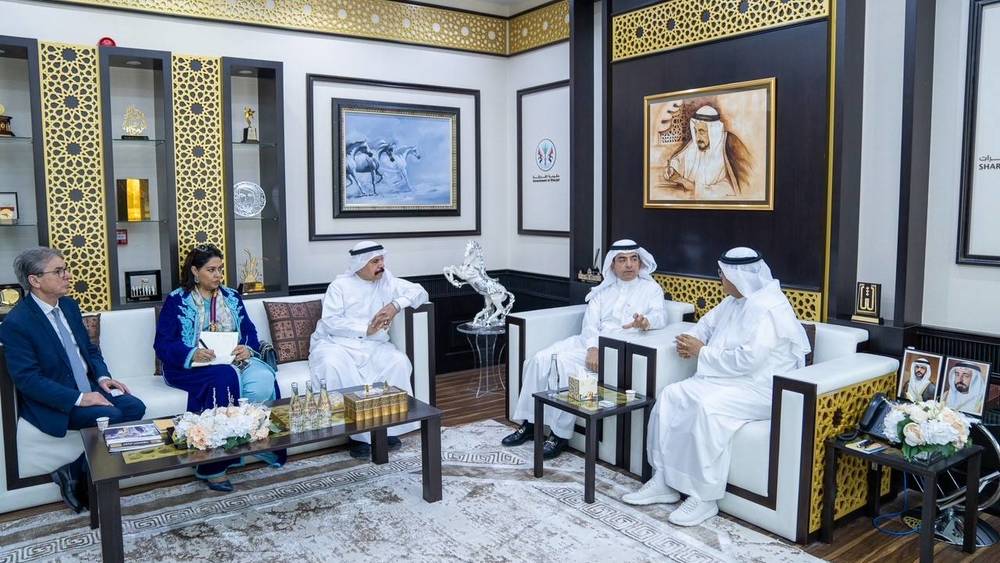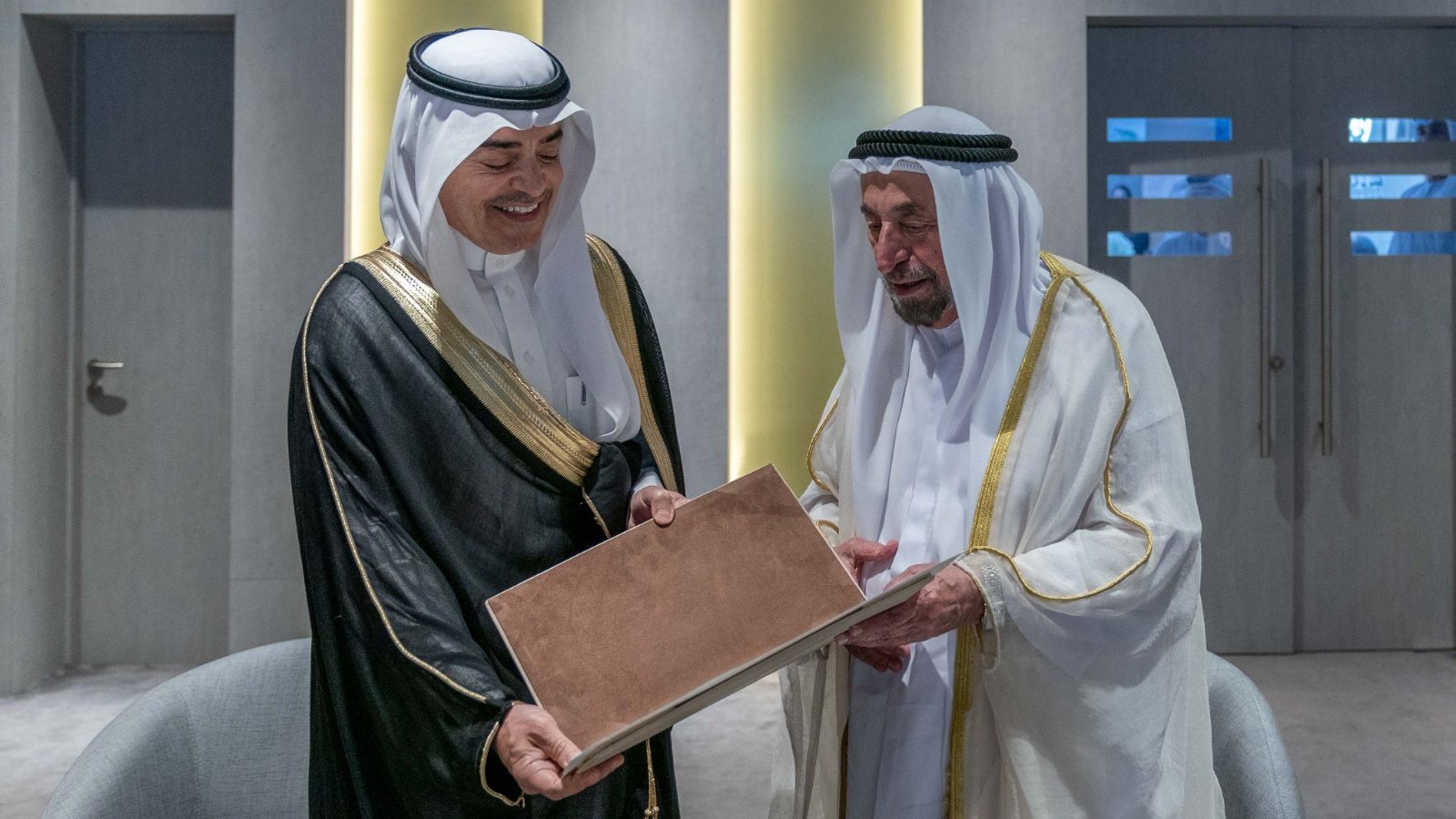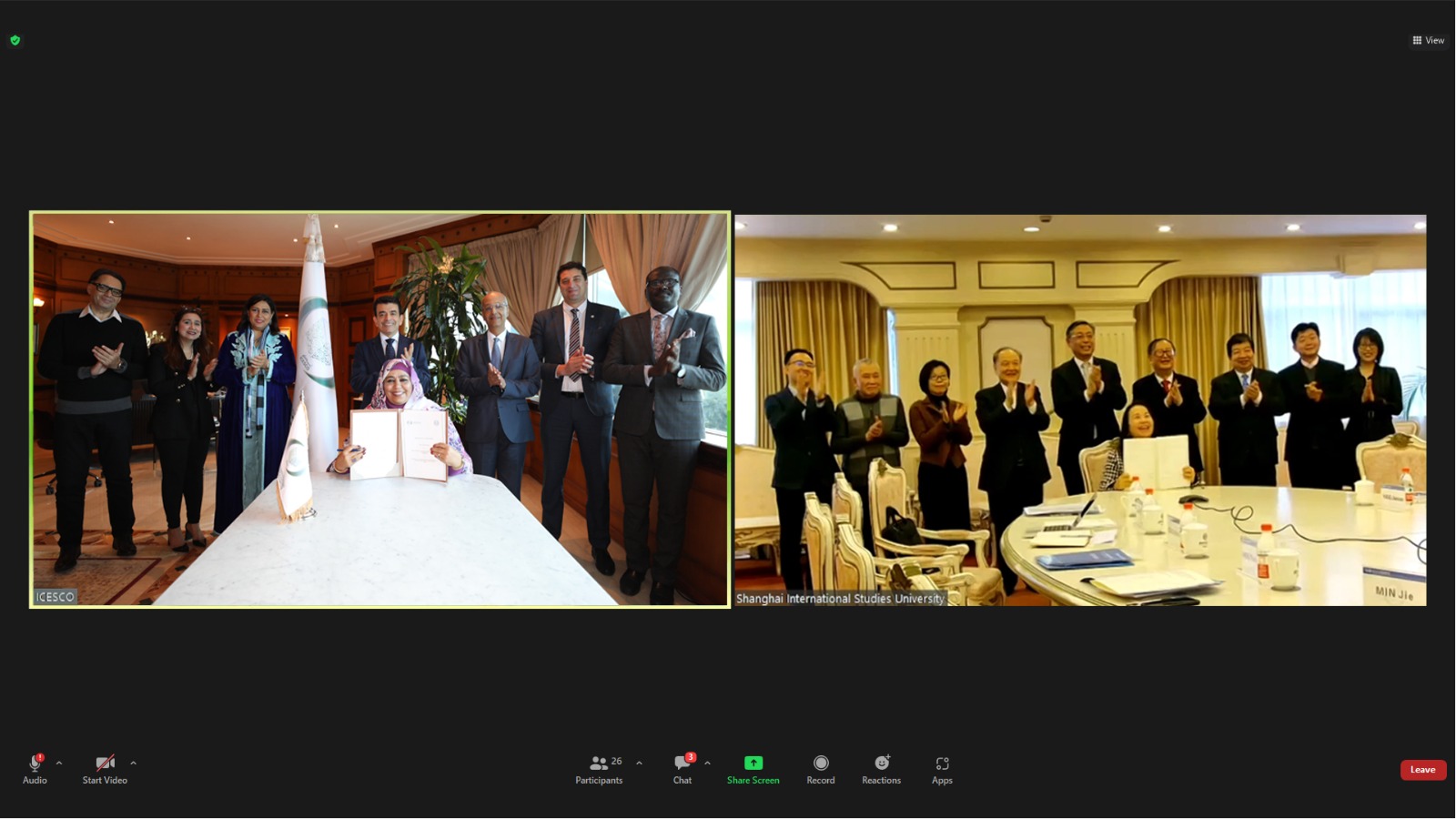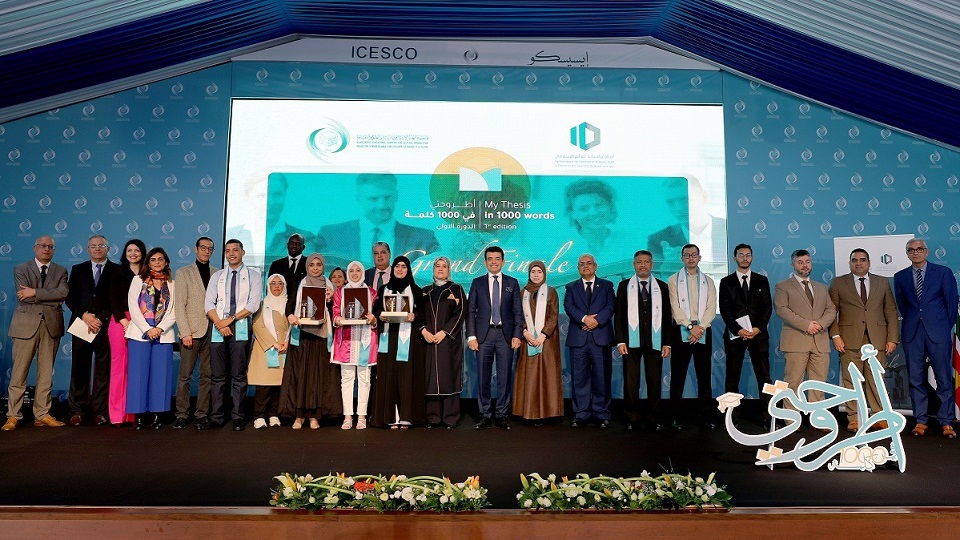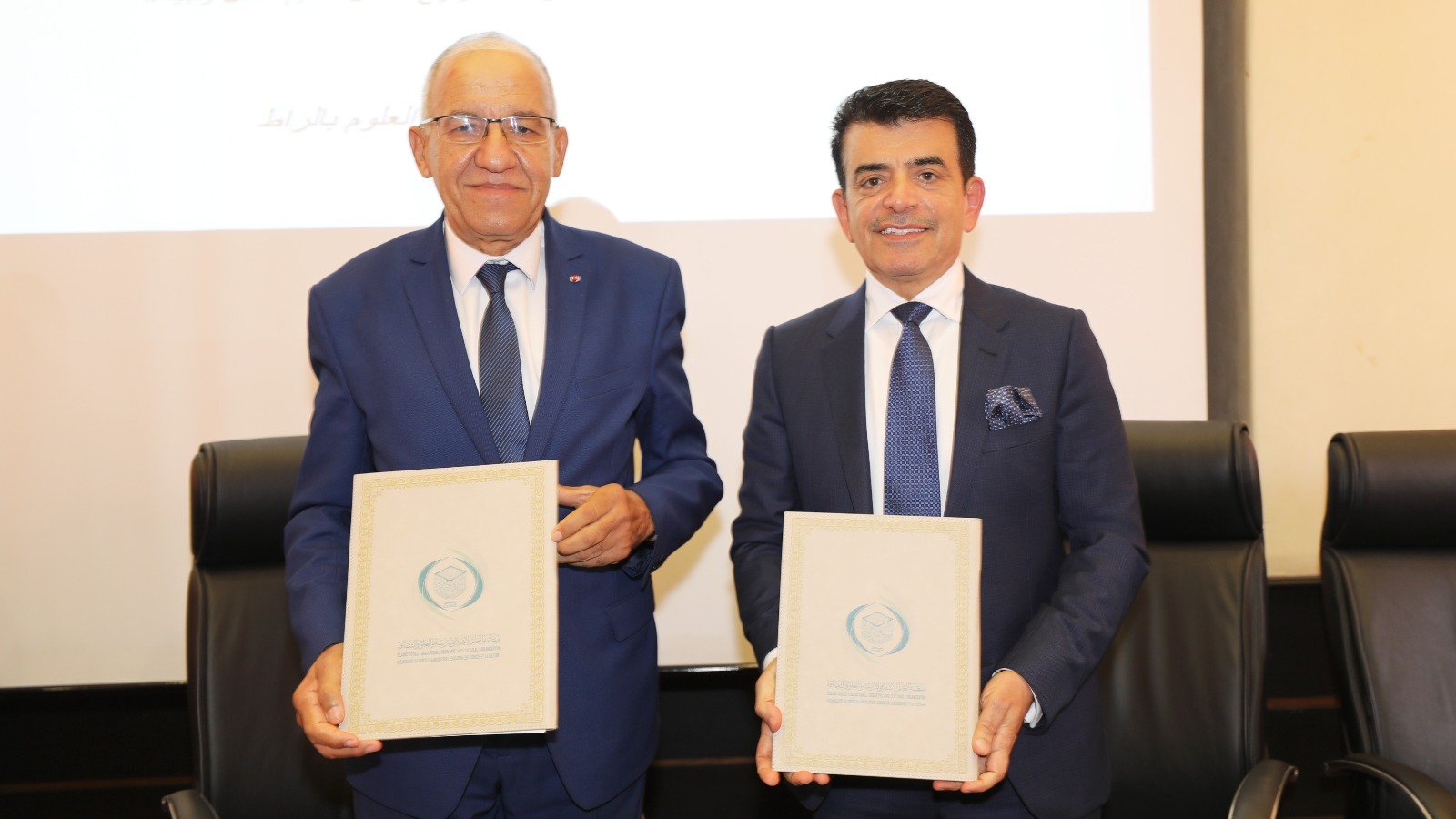Dr. Salim M. AlMalik, Director-General of the Islamic World Educational, Scientific and Cultural Organization (ICESCO), met with Sheikha Bodour bin Sultan bin Mohamed Al-Qassimi, President of the American University of Sharjah (AUS), to discuss prospects of cooperation between ICESCO and the University, particularly in the fields of youth capacity-building and setting up an ICESCO chair to support women in literature and publishing.
During the meeting, held Thursday, March 2, 2023, at the AUS headquarters in Sharjah, Dr. AlMalik stated that ICESCO adopts an open-door approach and has built numerous partnerships and cooperation with universities in the Islamic world and beyond. He added that the Organization has created several chairs to promote scientific research in the fields of education, science and culture, support excellence and innovation and diversify knowledge sources.

Moreover, Dr. AlMalik highlighted ICESCO’s numerous initiatives, programs and training sessions, geared towards building the capacities of women and young people, particularly in the fields of AI applications, space science and skills for the jobs of the future. He explained that through these chairs, ICESCO aims to promote these groups’ roles in achieving sustainable development.
The meeting discussed cooperation proposals between the two institutions, notably the creation of an ICESCO chair to support women in literature and publishing to contribute to encouraging women’s participation in the cultural field.
For her part, the AUS President commended ICESCO’s roles to support development in the fields of education, science and culture in the Islamic world and the positive change scored over the last three years, stressing the University’s keenness to build fruitful cooperation with ICESCO. The President also welcomed the creation of the academic chair.
At the close of the meeting, Dr. AlMalik presented Sheikha Bodour bin Sultan bin Mohamed Al-Qassimi with an ICESCO Medal, in recognition of her contributions and sustained efforts in the field of writing and publishing, seizing the opportunity to invite her to visit ICESCO Headquarters in Rabat.
The meeting was attended by Dr. Obaid Saif Al-Hajiri, Director of ICESCO’s Regional Office in Sharjah, Mr. Najib Rhiati, Cultural Advisor to ICESCO Director-General, and Ms. Sally Mabrook, Head of the Director-General’s Office.



